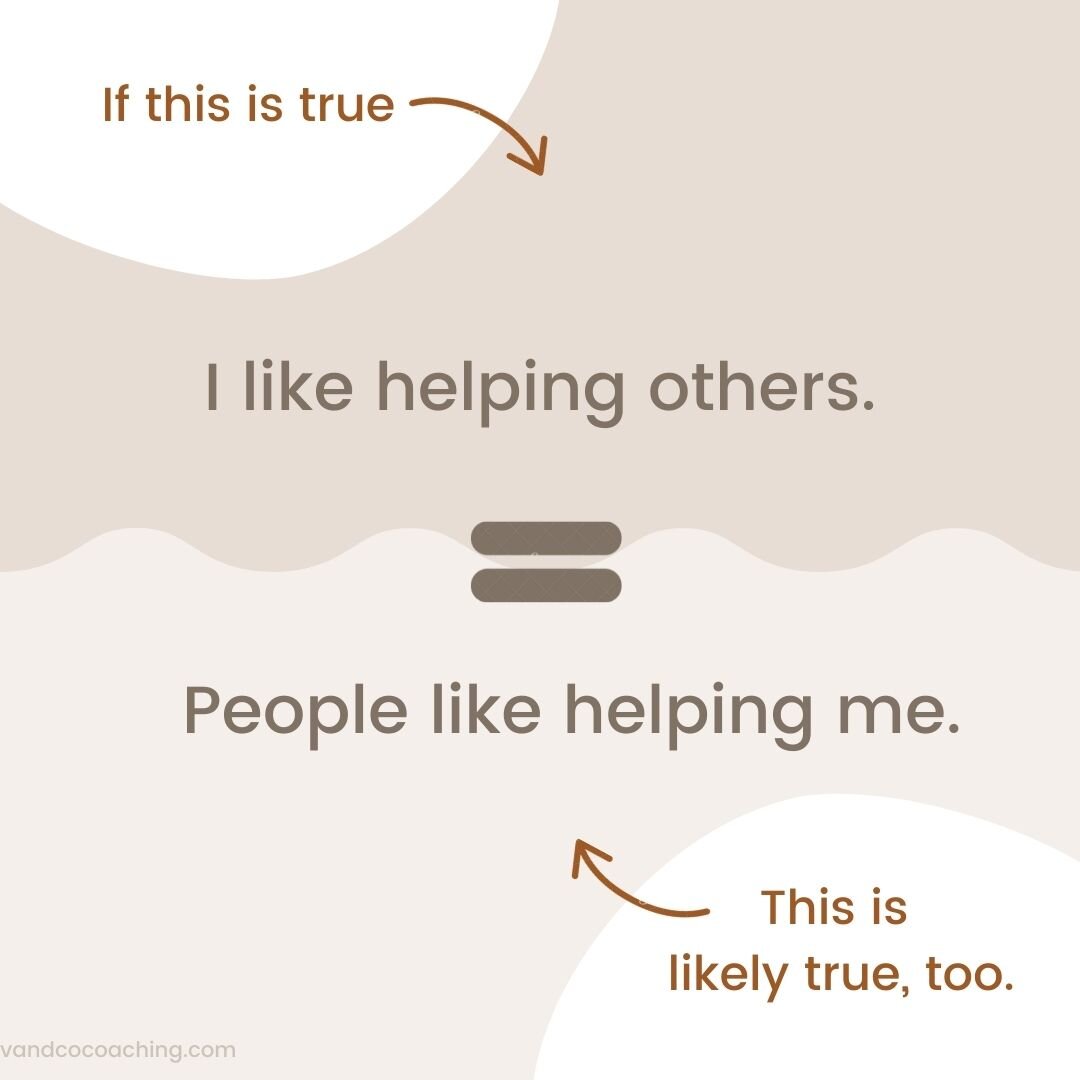Outcome-based vs. Process-based Goals
Don’t be so hard on yourself.
A few weeks ago I was commiserating with my sister.
She was experiencing a series of career setbacks. The setbacks weren't related to anything she specifically had done or not done — these situations were for the most part outside of her control.
Being the good sister that I am, I wanted to point that she was stressing about things that weren't actually productive to stress about.
When I told her, “it sounds like you’re being pretty hard on yourself these days.” Her reply was: “Look who’s talking!”
Gotta love sisters 😘
She's right though. I’m a striver. I sometimes set goals for myself that are outcome-based versus process-based.
This sets up a negative cycle of getting attached to results that I'm not able to control and I therefore can be pretty hard on myself to drive myself towards these outcomes.
PS: if you're excited about setting goals for the new year, check out my deep goal-setting approach here.
An epidemic of being too hard on ourselves.
My sis and I aren't the only ones. I feel like we're in an epidemic of being too hard on ourselves.
So many clients come to me anxious and overwhelmed because of constant self-imposed high expectations and harsh self-talk aimed at pushing themselves to meet these expectations.
When I question this, they tell me they HAVE to be hard on themselves in order to drive themselves: Like, "if I stopped being so hard on myself, how would I ever get what I want?"
Same same. So let me offer us an alternative:
Drop the expectations. Let yourself off the hook. Be easy on yourself.
If you're feeling like you want to hit "unsubscribe," I feel you — it's such a paradigm shift from the hustle culture our society preaches. I urge you bear with me and read on because it's pretty darn difficult to be happy and constantly self-critical at the same time —which do you prefer?
The antidote to being hard on ourselves and harsh self-talk is self-compassion:
Self-compassion is a way of emotionally recharging our batteries. Self-compassion allows us to fill up our internal reserves, so that we have more to give.
— Kristin Neff
When setbacks inevitably occur, having these emotional reserves will get us moving forward again faster.
If instead of basing your success on what you've internalized you *should* do, what if you instead embraced the inspiration that comes naturally to you? You didn't have to be critical of yourself to make yourself build a fort, play soccer, or learn guitar when you were young. What if you could regain access that beginner's mind?
So much of why we keep ourselves the same is the fear of what tectonic shifts will happen when we change. But as I offer to my clients, do you want to take a risk and *possibly* have things change for the better, or do you want to say the same where you *know* things aren't working?
Self-compassion involves being with ourselves in an accepting way: treating ourselves like we would a dear friend, comforting ourselves, reassuring ourselves that our feelings are universal and that we aren’t alone.
Practicing self-compassion — and any new way of being with ourselves — takes time and patience (and self-compassion 😏!)
See self-compassion.org for more resources.






















